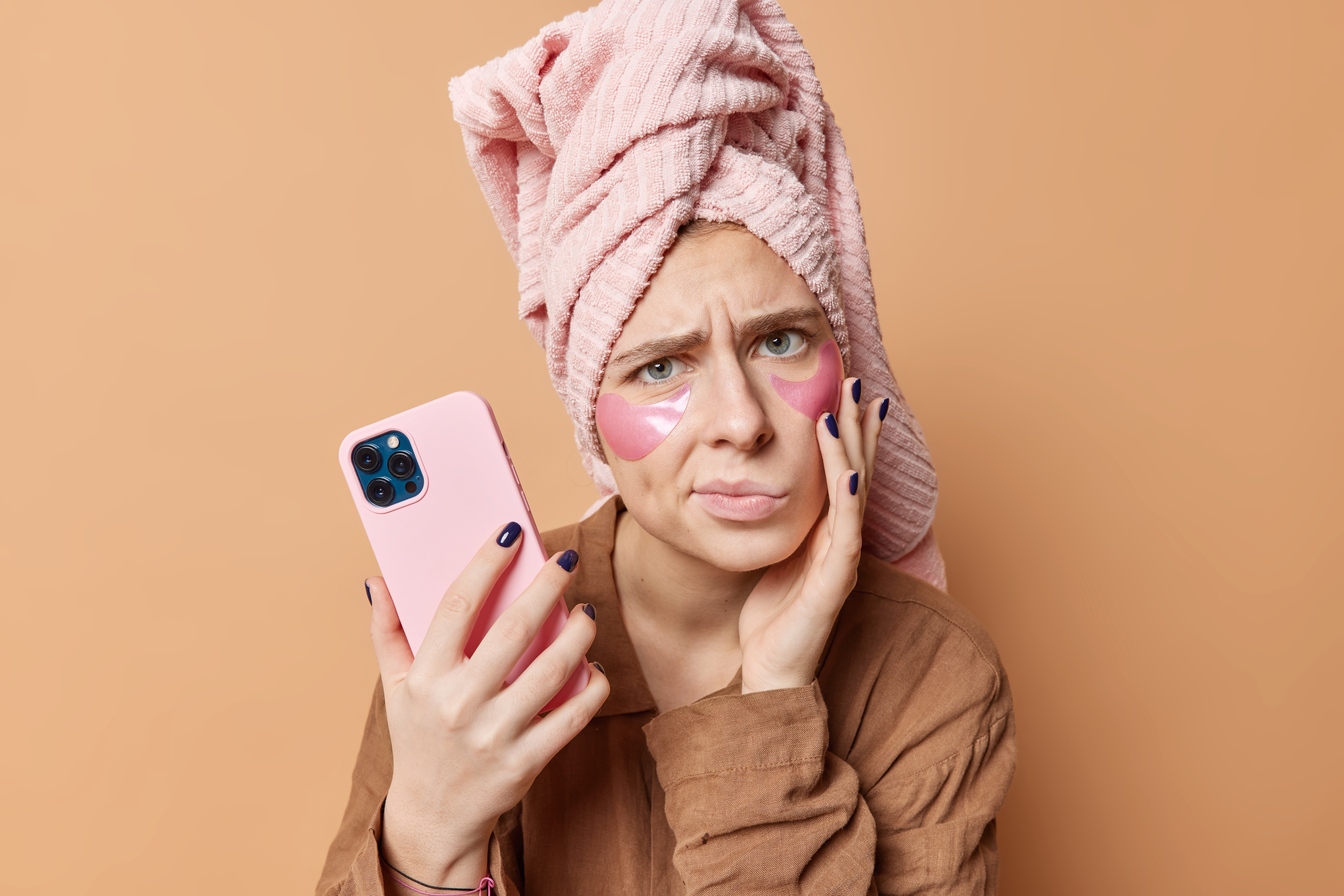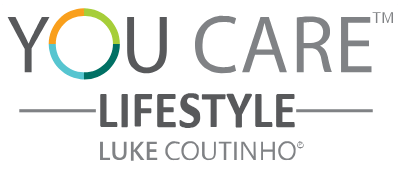The beauty industry is a dynamic world of trends, products, and promises. But beneath the glitz and allure of modern skincare and beauty regimes lies a reality many are unaware of. Let us explore the lesser-known aspects of the beauty industry, focusing on how certain practices and products may impact long-term skin health.
Table of Contents
Hidden Harmful Chemicals in Skincare
Many skincare products promise radiant, flawless skin but contain a cocktail of chemicals that can do more harm than good. Often referred to as "nasties," these include-
- Petroleum derived ingredients
- Emulsifiers
- Synthetic preservatives
- Artificial colors
- Heavy metal compounds
- Skin-lightening/ anti-pigmentation agent
- Solvents
- Aluminium compounds
- Surfactants
- Phthalates
- Polymeric materials
- Synthetic fragrances
What makes these ingredients particularly concerning is their potential to disrupt hormonal balance (endocrine disruptors), irritate sensitive skin, and even contribute to long-term health issues like cancer or infertility.
A study highlighted that prolonged exposure to parabens could mimic estrogen in the body, potentially affecting reproductive health, causing weight gain and skin irritability. Moreover, phthalates, commonly found in fragrances, are known to interfere with thyroid function.
A Lesser-Known Culprit: Formaldehyde Releasers
While formaldehyde is rarely listed as an ingredient, many preservatives in cosmetics release small amounts of this toxic compound over time. Products labeled as "anti-aging" or "long-lasting" often contain these releasers, which can cause skin sensitivity, allergies, or even carcinogenic effects.
The Impact of Harmful Chemicals on Long-Term Skin Health
Skin is the body’s largest organ and serves as a protective barrier. However, when it absorbs harmful chemicals, the repercussions are more than skin deep. Long-term exposure to these substances can:
- Accelerate Skin Aging: Free radicals generated by chemical exposure can damage collagen and elastin fibers, leading to premature wrinkles and sagging.
- Weaken Skin Barrier: Sulfates strip away natural oils, compromising the skin’s health. It can also irritate eyes, skin, and lungs.
- Trigger Chronic Skin Conditions: Persistent use of parabens may lead to hormone disruption, and skin irritation.
How Modern Beauty Trends Influence Long-Term Skin Health

Pic Credits: Freepik
From the obsession with 10-step Korean skincare routines to the rise of chemical peels and DIY beauty hacks, modern trends often prioritize immediate results over sustainability. While these practices may deliver a quick glow, they can strip the skin of its natural resilience.
Watching influencers following certain skincare trends gets tempting for people, but, considering your skin type, skin health and if your skin calls for that trend is important. Most people find themselves regretting what they do to their skin without proper research. Here’s why-
Over-Exfoliation
Exfoliation removes dead skin cells but overdoing it can lead to micro-tears, increased sensitivity, and a compromised skin barrier. Chemical exfoliants like AHAs and BHAs, when misused without professional advice, can result in long-term damage.
The "Clean Beauty" Trend
The clean beauty movement has encouraged a shift towards natural ingredients. However, not all natural products are safe. For instance, essential oils like tea tree can cause allergic reactions in sensitive individuals if used directly on skin or not following the right steps.
Trying skin trends is absolutely fine, however, consulting a professional or researching in-depth about it is equally important.
Why “Natural” Doesn’t Always Mean Safe
Consumers often equate “natural” with “harm-free,” but this is a misconception. For example:
- Essential Oils: While touted for their therapeutic benefits, many essential oils can cause photosensitivity or irritation if applied undiluted or exposed in sun during day light.
- Raw Ingredients: DIY masks using raw turmeric or lemon may sound harmless but can disrupt the skin’s pH balance or cause burns. Also, applying certain natural kitchen ingredients on sensitive or irritated skin can be harmful.
The Danger of Following Online Trends
Social media often glamorizes beauty hacks without adequate scientific backing. From charcoal masks that can strip skin layers to viral kitchen ingredients that can cause dryness or patches if applied directly or exposed to sun, following such trends can do more harm than good. Always consult a dermatologist before incorporating new products or routines.
What Is the Solution?
Adopt a Minimalist Approach
Less is often more when it comes to skincare. Stick to essential products: a gentle cleanser, a hydrating moisturizer, and sunscreen with broad-spectrum protection. Avoid overloading your skin with too many active ingredients at once. Choose safe skin care products here.
Prioritize Third-Party Verified Products
Choose brands that disclose their ingredient sourcing and undergo third-party testing for contaminants like heavy metals. This ensures the safety and efficacy of the products you’re using.
Support the Skin’s Natural Healing
Focus on nourishing your skin from within. A balanced diet rich in antioxidants, healthy fats, and hydration plays a crucial role in maintaining radiant skin. Consume green vegetables, fruits for antioxidant rush and clean nutrition essentials.
Educate Yourself
Learn to read labels. Familiarize yourself with harmful ingredients and avoid products with vague terms like “fragrance”. Seek guidance from dermatologists or credible sources rather than relying on online influencers.
For more and detailed insights, go through our blog that addresses a rising issue of early aging and how to combat it.
Looking Older Than You Are? Simple Steps to Prevent Early Aging
The Takeaway
Modern beauty regimes often prioritize appearance over health, but understanding the science behind skincare can help you make informed choices. By shifting towards a minimalist, science-backed approach and steering clear of harmful chemicals, you can ensure your skin remains healthy and resilient for years to come. The next time you pick up a product, remember: true beauty begins with informed decisions.
Disclaimer: This content is for informational purposes only and is not a substitute for professional medical advice, diagnosis, or treatment. Always consult your healthcare provider before trying any new food items, supplements, or products, especially if you have an existing medical condition or allergies.
You can reach out to us for expert assistance at +917059700700
Or write to us at [email protected]
Do you have any questions? Feel free to drop them in the comment box below.
Reference-
Chatterjee, S., Adhikary, S., Bhattacharya, S., Chakraborty, A., Dutta, S., Roy, D., Ganguly, A., Nanda, S., & Rajak, P. (2024). Parabens as the double-edged sword: Understanding the benefits and potential health risks. Science of The Total Environment, 954, 176547
de Groot, A., White, I. R., Flyvholm, M. A., Lensen, G., & Coenraads, P. J. (2010). Formaldehyde-releasers in cosmetics: Relationship to formaldehyde contact allergy. Part 2. Patch test relationship to formaldehyde contact allergy, experimental provocation tests, amount of formaldehyde released, and assessment of risk to consumers allergic to formaldehyde. Contact Dermatitis, 62(1), 18–31




Comments